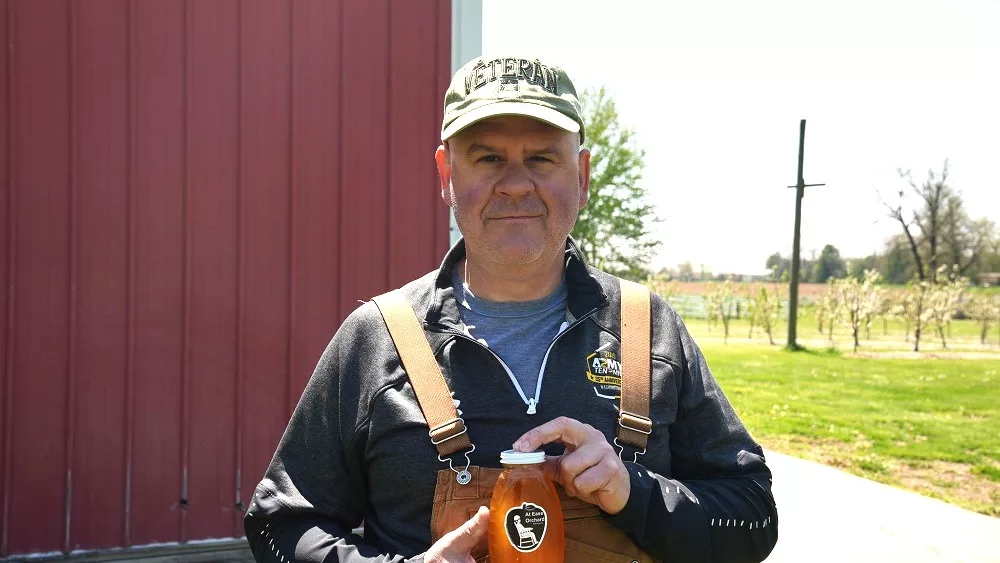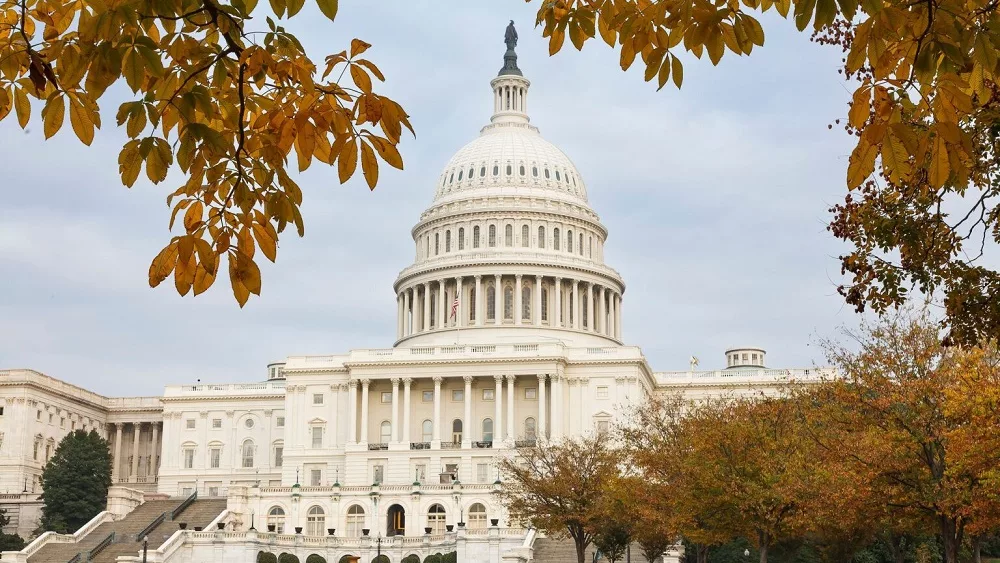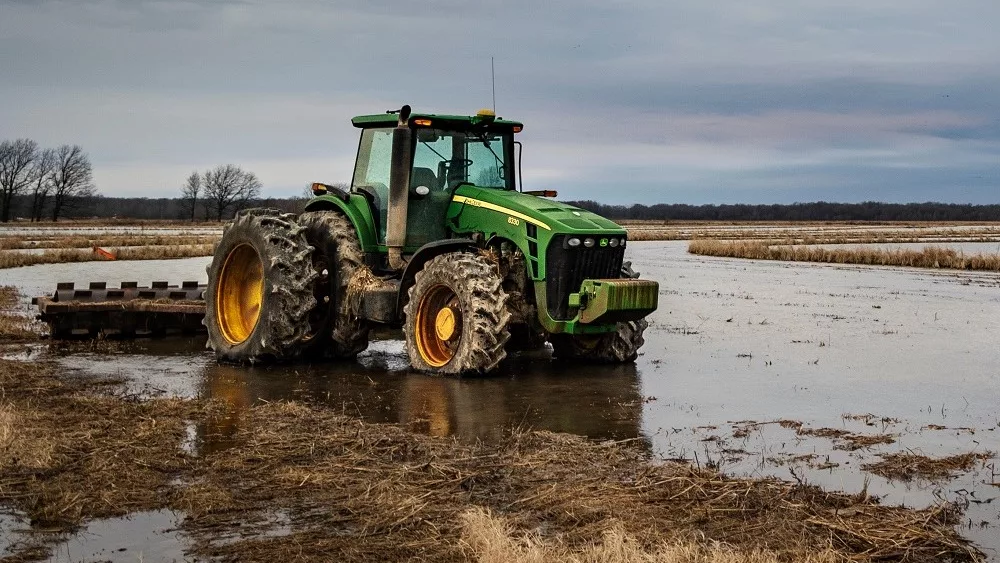With major weather shifts over the weekend and continuing this week, many farmers have been on the phone with their agronomist asking the simple question of, “Should I, or shouldn’t I?” as it pertains to planting.
On the latest Purdue Crop Chat podcast, found below, Purdue Extension Soybean Specialist Shaun Casteel says, “Go for it!” He adds though that, “I think you have to put some caveats on that.”
Those caveats include, obviously, making sure you’re planting into fit soils where you won’t cause compaction that will haunt you the rest of the year and the soil temps are above that 50° mark.
After you get over that hurdle, Casteel explains, “Now you look at the soybean that you’re planting. Does it have a good fungicide seed treatment, in particular? I think that that helps out. If you’re planting naked, bare seed, I really caution going forward at this point because you’ve got a recipe for disaster with some of these seedling diseases that like the cool wet conditions.”
Casteel adds that you should also be set to go if your seed treatment will help with the dreaded soybean disease that tends to crop up around State Fair time.
“Sudden Death Syndrome is really a disease that gets infection during early vegetative growth. That includes when those roots are coming out. So, before the beans are even out of the ground, if it’s cool and wet, that’s going to be a recipe for that potential Sudden Death infection. And so with that, there are some seed treatments on the market, ILEVO®, Saltro®, and so forth that can help you with that.”
Going back to soil fitness, Casteel reminds you, “We’re going to have differences in fields that are no-till corn stalks versus what’s been worked. The worked ground is going to be warmer. They’re not going to be as cold and wet. Even kind of vertical till type ground is going to be a little bit warmer than no-till. So, just put that into context. Those are the kinds of fields I say yeah, let’s go ahead and pull the trigger.”
Download the Purdue Crop Chat podcast below and take a listen in your planter. Casteel is joined by Purdue Extension Corn Specialist Dan Quinn.




